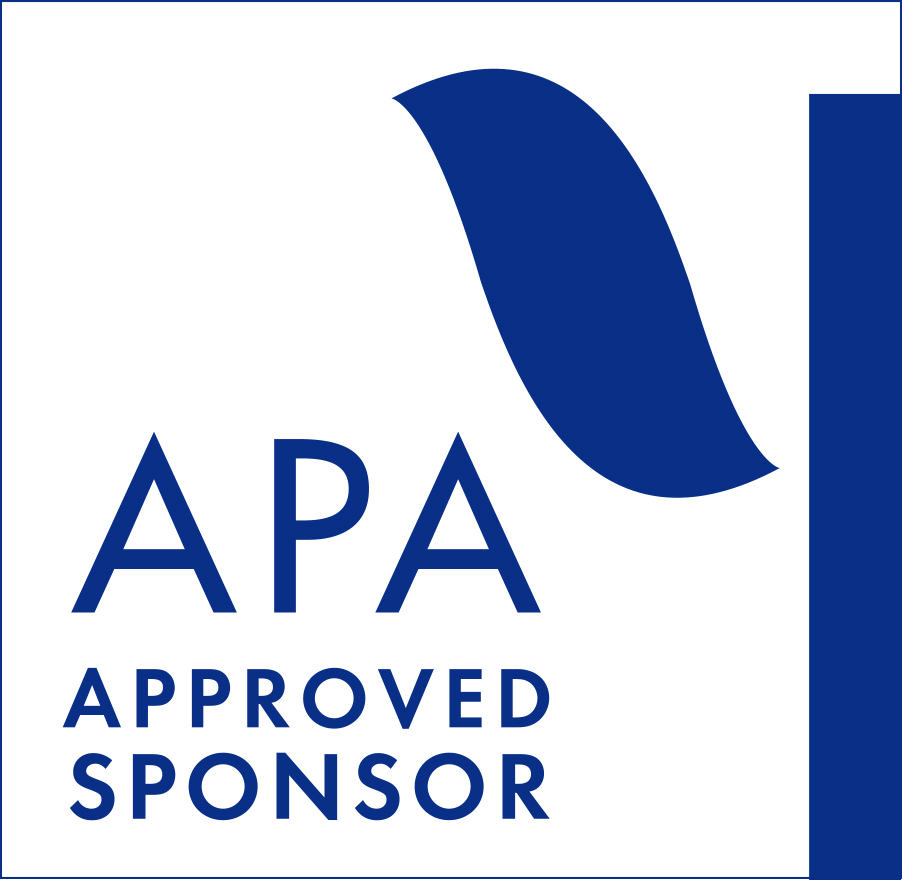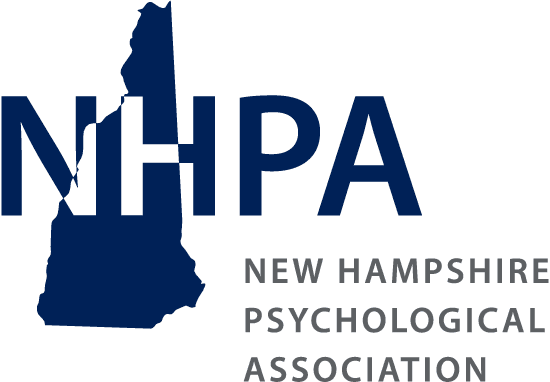
Friday May 19, 2023 | 1:00pm - 4:00pm EST
3 CE Credits
Live via Zoom
Program Description:
Our talk can be divided into three major sections:
1) Introducing the co-occurrence of Neurodiversity (mostly autism) and Gender Diversity and describing characteristics of gender and neurodivergent youth. We will describe common clinical presentations of these youth and discuss issues to consider when working with these youth. We will also give case examples and case discussion.
2) Describing the increased vulnerability to trauma and minority stress of these youth at the intersection of both gender and neuro diversity. We will discuss the increased risk for trauma among gender diverse as well as autistic youth and demonstrate how youth who are both gender diverse and neurodivergent are at highest risk for trauma, adversity, and minority stress. We will have case discussions.
3) Presentation of practical strategies and techniques for working with these youth across multiple settings (e.g., outpatient, schools, residential, etc.) to help support and affirm these youth, work with caregivers and provide resources to youth and families.
Level of Instruction:
Intermediate
Learning Objectives:
1. Describe the co-occurrence of autism and gender diversity and common issues with which these youth present.
2. Identify at least three heightened risk factors for trauma in gender diverse and autistic youth.
3. Apply the minority stress model to gender diverse and neurodivergent youth.
4. Utilize at least three inclusive, affirming, and trauma-informed practices to support neurodivergent and gender diverse youth.
5. Apply at least three practical strategies and techniques for caring for these youth.
6. Identify resources for these youth and their families both locally and regionally.
7. Utilize at least three best practices to work therapeutically with caregivers of trauma-affected neurodivergent and/or gender diverse youth.
About the Presenters:
Kay Jankowski, Ph.D. is a clinical psychologist, Associate Professor of Psychiatry, Director of the Dartmouth Trauma Interventions Research Center and Director of Psychology Services in the Department of Psychiatry at Dartmouth Health. She has focused most of her career on trying to improve the lives of at-risk and trauma-affected children, teens and families. Kay has led many research and quality improvement projects over the years, including developing and testing new treatment interventions, disseminating evidence-based treatments for traumatized children and youth into “real world settings”, and transforming child serving systems to bring a more trauma-informed approach to care and services for children and families. She is currently leading a 5-year SAMHSA sponsored grant (Project LAUNCH Upper Valley) aiming to “meet young children and families where they are,” through integrating mental health services and trauma-informed care into pediatric sites, as well as child care centers and businesses in a tri-county area of New Hampshire and Vermont. She is a co-principal investigator (with Dr. Erin Barnett) on a 5-year Federal DHHS Administration for Children and Families Regional Partnership Grant implementing an evidence based enhanced care coordination model called Wraparound, to families with Substance Use Disorder in her community and building infrastructure to enhance coordination between systems. She is also co-lead on a new Category III NCTSN grant called Project ATTAIN (Access to Trauma-Informed Treatment and Assessment for Neurodivergent and/or Gender Expansive Youth). The project aims to improve services for trauma affected children with autism and intellectual disabilities, as well as youth with gender diverse and transgender identities. She also trains and supervises psychology and psychiatry trainees, and she has always maintained a clinical practice within the Department of Psychiatry.
Kaitlyn Ahlers, Ph.D. is a licensed clinical psychologist and Assistant Professor in Psychiatry at the Geisel School of Medicine at Dartmouth. She provides clinical care to children, adolescents, and their families at Dartmouth-Hitchcock Medical Center. Dr. Ahlers specializes in providing diagnostic evaluations for autism and other neurodevelopmental disabilities and has spearheaded efforts in interdisciplinary clinics to integrate systematic trauma, suicidality, and other mental health screening and assessment for youth with neurodevelopmental disabilities. Dr. Ahlers conducts research with the goal of increasing the use of evidence-based practices for youth on the autism spectrum with co-occurring mental health needs, specifically in community and school settings. As a member of Project ATTAIN (Access to Trauma-informed Treatment and Assessment for Neurodivergent and/or Gender-expansive Youth) at the Dartmouth Trauma Interventions Research Center, Dr. Ahlers trains clinicians across New Hampshire to increase access to best practice care for trauma in youth with autism and other intellectual/developmental disabilities, including those who identify as gender diverse.
Christina Moore, Ph.D. is a child clinical psychologist and an Assistant Professor of Psychiatry at Dartmouth Hitchcock Medical Center (DHMC) and Geisel School of Medicine. Her research and clinical interests center on improving mental health outcomes among gender-diverse and traumatized teens living in rural communities. Her research has been published in several peer-reviewed journals on child development and psychopathology, and she recently launched a new clinical program at DHMC specifically designed for neurodivergent, gender diverse youth. The overarching goal of her work aims to disseminate effective interventions for youth at-risk for trauma and traumatic stress in primary and secondary prevention settings (e.g., primary care).
------------------------------
Group Rates Available:
3 - 5 people = $15 off individual rate (member/non-member)
6 - 8 people = $20 off individual rate (member/non-member)
8 + people = $25 off individual rate (member/non-member)
Please contact office@nhpsychology.org for more information. Please include first name, last name and email address for each participant in the group, along with a contact person for the invoice.
Paying with a check:
Checks must be received within one week of the event. If payment has not been received, registrant will still have option to pay online with a credit card up until the day before the program. If an invoice remains open on the day of the event, the registrant will not be allowed to attend.
Cancellation policy:
Refunds, minus a 10% cancellation fee, will be issued for all cancellations received two weeks prior to the start of the course. No refunds or vouchers will be made thereafter. No-shows are not refunded.
Attendance policy:
Full attendance is required to obtain CEs per NHPA policy. No partial credit will be given. Those who attend the workshop and complete the evaluation form will receive 3 continuing education credits. Please note that APA CE rules require that we only give credit to those who attend the entire workshop. Those arriving after the scheduled start time or leaving before the workshop is completed will not receive CE credits.
Registrations are Transferable:
Registrants can transfer an event confirmation to another individual. The NHPA office must be notified of the transfer at least 24 hours prior to the event.

This program is sponsored by the New Hampshire Psychological Association. NHPA is approved by the American Psychological Association to sponsor continuing education for psychologists. NHPA maintains responsibility for this program and its content.
NHPA would like to thank the following sponsors of our 2023 Trauma Symposium






